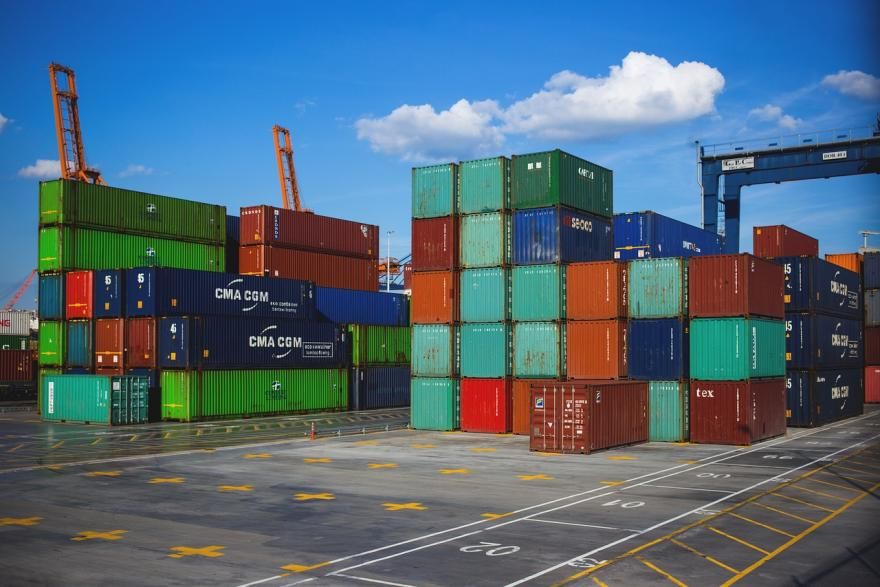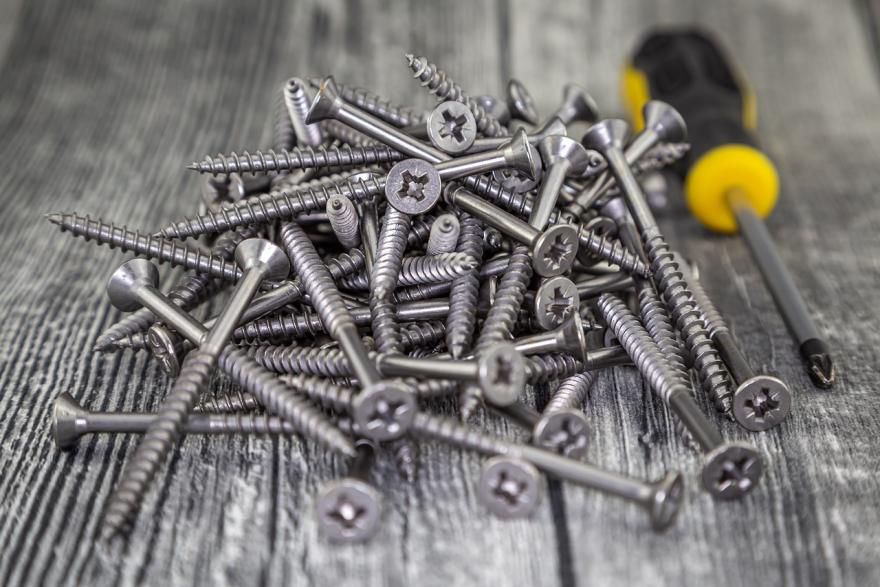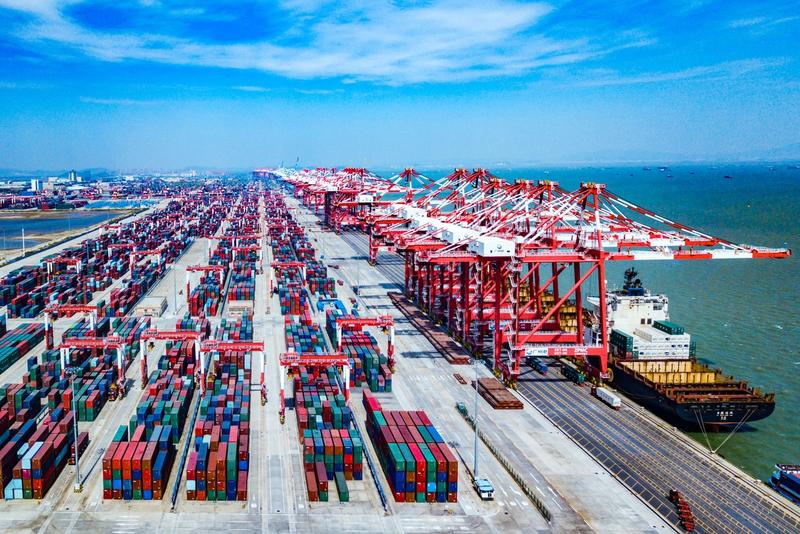FOCUS ON HOT SPOTS
International Challenges and Countermeasures of Anti-dumping in China's Fastener Industry
Published:
2025-04-23
With the continuous advancement of globalization, frequent international trade between countries has triggered fierce trade competition and conflicts of interest. In this context, some countries have adopted trade protection measures such as anti-dumping duties to resist the dumping of goods from other countries and safeguard their own industries and economies. As a major global fastener producer, China faces anti-dumping pressure from many countries in the international market, as well as the challenge of dumping of imported products.
In terms of anti-dumping barrier rates, China's fastener exporters face anti-dumping duties from Argentina, South Africa, Russia, Canada, Ukraine and other countries. The anti-dumping duties imposed by these countries on China vary. For example, Argentina imposes a tax rate of US$4.67/kg on carbon steel fasteners, Russia imposes a tax rate of US$282.4/ton on carbon steel fasteners, and South Africa imposes anti-dumping duties on China's steel threaded fasteners and iron or steel hexagonal bolts, with tax rates of 54.04%, 31.8% and 122.7% respectively.
Challenges faced by fastener companies
The implementation of anti-dumping duty policy has increased the export costs of enterprises, restricted their export activities, and had an adverse impact on their export income. This not only increases the financial burden of enterprises, but also hinders their expansion in the international market to some extent. With the rise in the prices of imported goods, fastener products in the domestic market have lost some of their competitiveness in terms of price, which may lead to a reduction in the market share of enterprises in the local market, posing a serious challenge to enterprises.
In addition, the implementation of anti-dumping duty policy may also have an adverse impact on the large and complex supply chain of the fastener industry. This involves multiple links such as raw material procurement, production process, logistics, etc., which may bring a series of problems to the operation of the entire industrial chain. Enterprises need to deal with the readjustment and adaptation of the supply chain to adapt to the challenges brought about by changes in tax policies.
Measures taken by fastener companies
In addition to actively responding to lawsuits, enterprises can also prepare strategies for response from their own perspective.
1. Strive to improve the technical level and replace imported products by producing high-end fasteners to gain more high-end market share, which will help increase the added value of products.
2. By deeply studying anti-dumping items and categories, avoid anti-dumping categories in a targeted manner, thereby increasing export opportunities. Enterprises need to have flexible production and R&D capabilities and better understand various trade regulations.
3. Actively pay attention to emerging markets, refine market segments, and accurately position products. By deeply understanding the needs and trends of emerging markets, reduce dependence on traditional markets and improve the overall stability of the industry.
4. You can also consider circumventing anti-dumping duties through re-export trade and other means to find more flexible trade paths. By cleverly selecting trading partners and channels, companies can avoid trade restrictions and tariff barriers in certain countries, maintain relatively smooth trade circulation, and ensure market penetration of products.
Dumping risks of imported products
For imported products, China also needs to be vigilant about the risk of dumping. On June 28, 2022, Announcement No. 17 issued by the Ministry of Commerce of China decided to continue to impose anti-dumping duties on imported carbon steel fasteners originating from the European Union and the United Kingdom, with tax rates ranging from 55% to 26.0%, for a period of 5 years. The policy aims to protect domestic industries, maintain a fair competition environment in the market, and promote the healthy development of domestic industries.

As globalization continues to advance, fierce competition and conflicts of interest in international trade have become challenges faced by all countries. China's fastener industry has shown strong resilience and flexible adaptability in the difficult situation of anti-dumping in many countries and the challenge of dumping of imported products. Although the anti-dumping duty policy has brought many troubles to enterprises, such as rising export costs, by taking positive and effective countermeasures, China's fastener industry is expected to overcome these difficulties, maintain its competitiveness in the international market, and embrace a sustainable development future.








